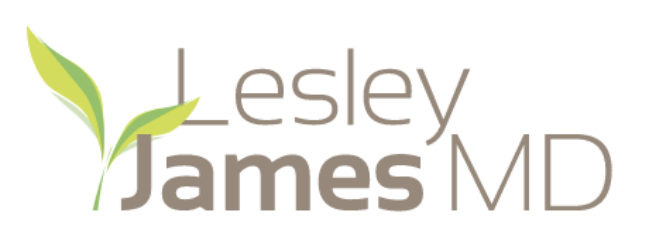For years I have fielded questions from patients about health trends that are touted by celebrities, reported on the internet and published in books. Lately, health-related “fake news” seems to be even more pervasive than ever, consistently providing the public with medical misinformation.
One contributor is our society’s quick-fix mentality, another is the journalistic cycle and its need to constantly generate stories, feedback and followers. It’s important to remember that science is a slow (and often boring!) process, and because of this the current journalistic environment and science are often incompatible. Even though professional opinions are widely available, the overwhelming amount of inaccurate headlines, endorsements, misleading claims and more make it very difficult for the public to distinguish between trusted sources and media “experts.” Never before has there been a greater need for a scientifically-backed reality check.
Internet
The internet may be the top offender in providing fake health news to the public, as there is no fact-checking required for published material. An interesting point: while the majority of pieces submitted to medical journals by professionals is rejected, 100% of what appears on the internet from non-physicians is published.
Should we Google specifics about our symptoms? Should we trust our social media friends of friends? Many of my patients have actually uncovered accurate diagnoses by searching the internet, but there is also a potential for harm, as much of the information is not scientifically supported.
If you enjoy researching and reading online health-related articles, here is a list of trusted websites with reliable content:
Discover Magazine Blogs
New Scientist
Pharyngula
Popular Science Alert
Science-based medicine
Scientific American https
The Skeptics Guide To the Universe
Virology Blog
Wired Science Blogs
You Are Not So Smart
Science Daily
Nature
Poynter
National Institute of Health
Celebrities
Unfortunately, pseudoscience sells. Why do we take advice from celebrities, rather than consulting a physician who has spent nearly 10 years in medical training and has practiced for twice that amount of time? We must question motives and be aware of self-promotion, hidden agendas and paid advertisements. Here are just a few topics that are currently being endorsed by celebrities, none of which are backed by scientific process.
Celery Juice
Crystals
Heated Blankets, Infrared Sauna, Sweat Lodges
Kinesiology
Liver Cleanses
Colonics
IV Vitamins
Many, many more!
Books
While qualified physicians may log at least 100,000 clinical patient hours before they even begin practicing, many of the recent books patients have shared with me are from authors with little or no clinical experience, patient contact or the authority to prescribe medication. Sadly, some of these books are best sellers.
What I feel is alarmingly absent from many of these books is critical evaluation. For example, in assessing some of the quick-fix “cause and effect” materials, I noticed that authors present cases (many of which are successful) but fail to include statistics on their prescribed methods or published research. Some even detail animal and cell studies that have not yet been researched for humans. Unfortunately, this misleading information is published without being subjected to the scrutiny of fellow medical professionals. Medicine is complex and medical research is a slow process, certainly not indicative of the simplistic approach outlined in various publications.
What can we do?
The presence of fake medical news needs our attention. I have certainly made it a priority to help my patients and readers navigate media-related medical information and will continue to put forth the effort to guide them in finding fact-based documents. If you come across health-related news that you feel is intriguing, I hope you’ll take the time to discuss the matter with your physician or conduct your own research by finding articles and cross-referencing them with peer-reviewed journals.
Worth reading:
Bad Advice. Or Why Celebrities, Politicians, and Activists Aren’t Your Best Source of Health Information, by Paul A. Offit, MD
“Medical Misinformation on Social Media, Cognitive Bias, Pseudo-Peer Review and the Good Intentions Hypothesis,” Samuel P. Trethewey, MBChB, Msc
www.fastcompany.com/90232283/duped-by-goop-you-may-be-entitled-to-a-refund
www.poynter.org/fact-checking/2019/this-comedian-duped-the-media-into-coverin g-a-bogus-alternative-medicine-company/
www.fastcompany.com/3023918/9-reasons-why-we-listen-to-celebrities-bad-healt h-advice
www.thehustle.co/goop-gwyneth-paltrow-netflix-jade-egg/


